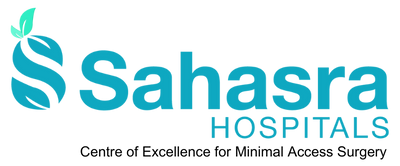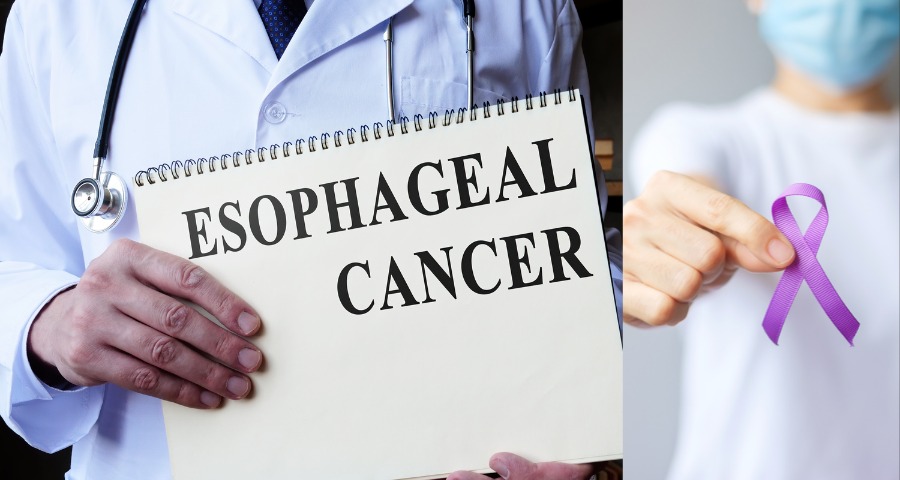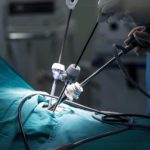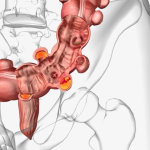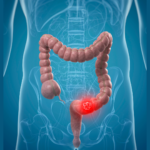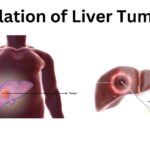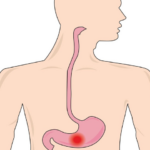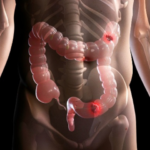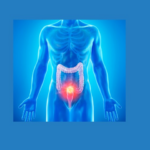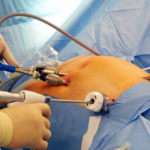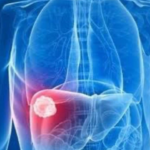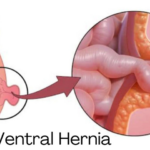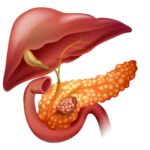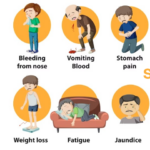An Esophagectomy is a surgery done for esophageal cancer to remove the esophagus (food pipe). This surgery restores eating ability by removing damaged tissue and reconstructing the digestive system.
What is the procedure exactly?
The esophagus is removed and reconstruction is done using the stomach or colon. This is a complex surgery involving multiple body cavities: abdomen, chest, and neck. Operations are 4-6 hours long.
Types Of Surgery
Dr. Srikanth Gadiyaram, with over 20plus years of experience, and his team at Sahasra Hospital, Jayanagar, Bangalore, frequently use laparoscopy for esophagectomies to remove cancerous tissue and lymph nodes.
- Trans hiatal esophagectomy involves the surgical creation of incisions in both the neck and abdomen
by a surgeon. - The Ivor Lewis esophagectomy procedure involves the surgeon creating two incisions, one on the right
side of the chest and the other in the abdomen. - Thoracoabdominal esophagectomy involves the creation of a single incision extending from the chest to the
abdomen on the left side, as well as an additional incision in the neck. - The trans hiatal esophagectomy utilizes a singular incision in the neck region.
When do you need Esophagectomy?
Esophagectomy is the main surgery for esophageal cancer. Surgery aims to remove cancer and relieve symptoms. Our surgical team may recommend an esophagectomy if cancer has the potential for complications, such as Barrett’s esophagus, a benign condition that affects esophageal function.
Can I have complications from the surgery?
Postoperative side effects are frequently encountered. Our team will monitor the patient’s health and assist in symptom management.
The primary risks associated with an esophagectomy are:
- Bleeding in 2% patients
- Chest infection in 5% patients
- Anastomotic leaks in 3-5% patients
These complications may require reintervention and delay recovery by several days depending on response to treatment
How long will it take to recover?
What to Expect?
Adapting to life after undergoing an esophagectomy requires significant adjustments.
- Consuming food and beverages
Usually two months with a feeding tube. The progression includes a liquid diet and soft foods. Resume meal plan after surgery approval. Adjust your eating frequency and portion sizes. A smaller system equals slower digestion. Eat small meals throughout the day. Chew intentionally. Care relieves indigestion symptoms.
- Hygiene
Hygiene and wound care are crucial for cleanliness and healing in individuals with injuries or open wounds.
- Physical activity
Exercise prevents blood clots in lower limbs during recovery. Healthcare providers may suggest short walks for physical activity. Follow your doctor’s instructions for safe activities. Physical activity helps with recovery, but avoid excessive exertion.
If you want to know more about the surgery, call us to book an appointment on 8880837000 or 98801105829
